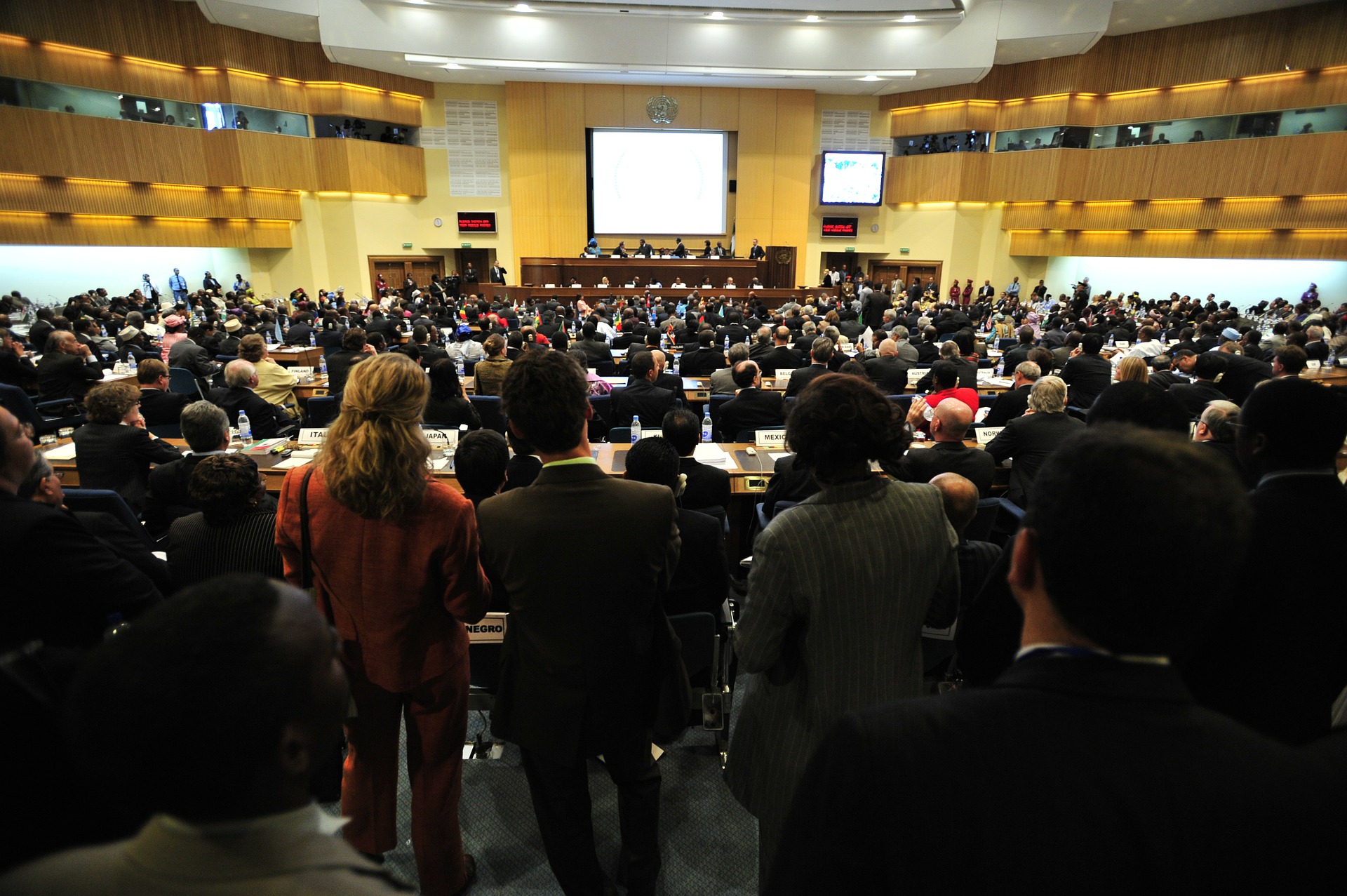It is incorrect to assume that modern acts of terrorism has its origins in one geographical location, or to believe that its prevalence is confined to certain regions around the world. Events in recent years have shown that terrorist attacks can happen anywhere, despite even the most robust intelligence and information sharing between states.
Given that this is the case, coordinating the fight against terrorism is a complex undertaking that requires the entire focus of the international community. More specifically, it also means the ability to establish counter terror training platforms in areas which appear to be at risk of the influence of terrorist activity.
Last week, Africa became the focus of counter terrorism as Jordan’s King Abdullah II hosted a high-level conference on tackling extremist ideologies in the west of the continent – a timely occurrence given that new research by the Institute for Security Studies (ISS) has shown that governments’ responses to terrorism often make the problem worse.
National counter-terrorism training courses held by the ISS in West Africa work by a curriculum based on the ECOWAS Counter-Terrorism Training Manual, which works towards a strategy that enhances national awareness on generic counter-terrorism issues and strengthens the capacity and expertise of those responsible for law enforcement within West Africa.
Often, those who are associated with fanatical groups choose to do so in order to protect their families, communities and are encouraged by the prospect of an income. Falsely portraying individuals as radicals indoctrinated by religious ideology could be misleading and result in the issue spiralling further out of control.
Providing counter terrorism training platforms in West Africa requires an African perspective to global discussions about extremism, terrorism, migration and development.
Fear leads to poor policy and should not be allowed to drive counter-productive education and response to terrorism. Sustained human security can only be achieved through long-term policy that addresses the conditions that drive people to terrorism, which involves improved counter terrorism training.




























